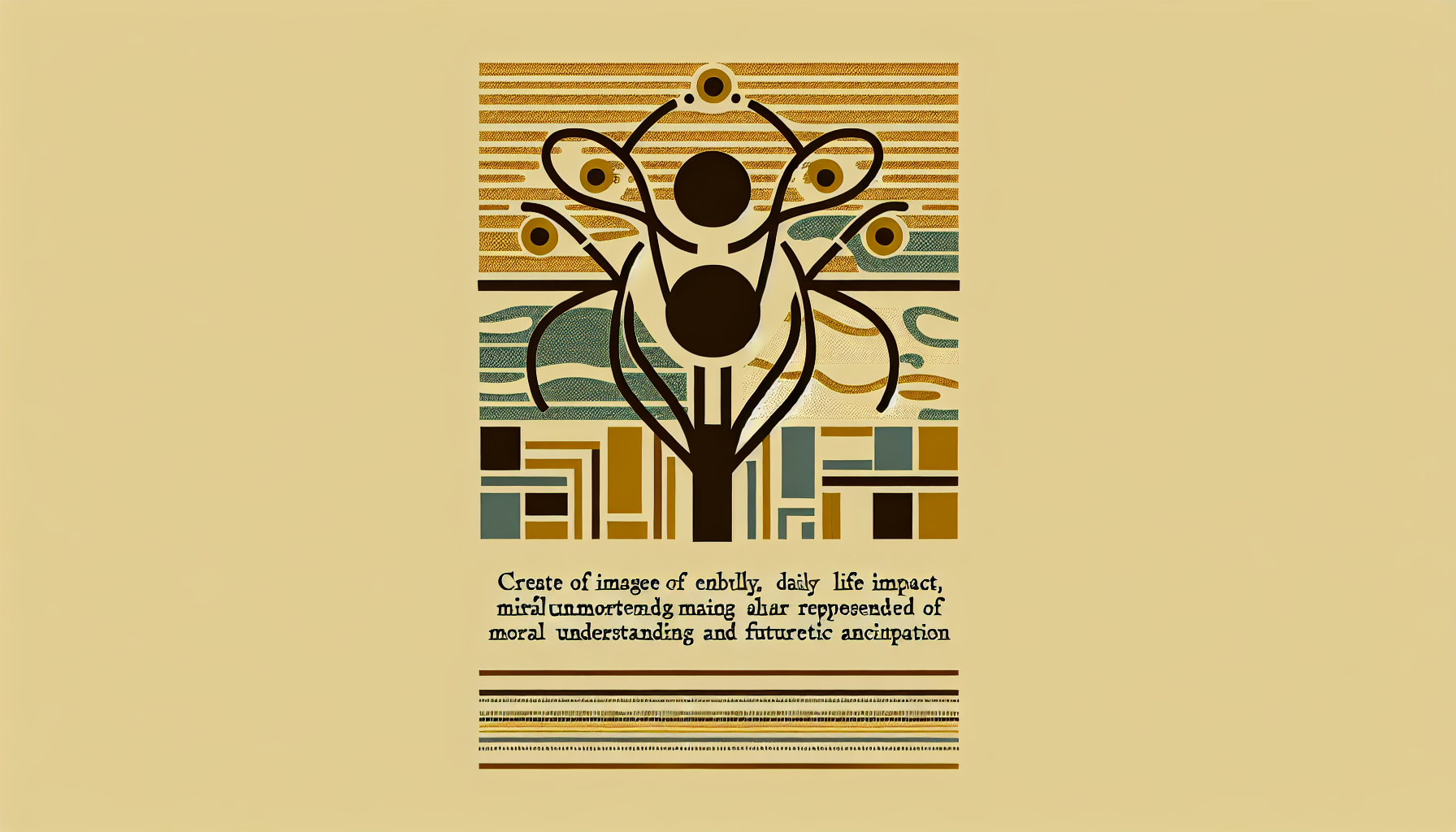Artificial Intelligence (AI) is no longer just a futuristic concept tucked away in the realms of science fiction. Today, it has waltzed its way into our daily lives, influencing everything from how we shop to how we drive. But one of its most profound impacts yet lies in its potential to shape our understanding and practice of morality. Before you raise an eyebrow, let’s unpack how AI might play a role in shaping moral objectivity.
What Is Moral Objectivity?
First things first: what do we mean by “moral objectivity”? In simple terms, moral objectivity is the idea that certain moral principles exist independently of human opinions. It’s the philosophical stance that some things are right or wrong regardless of what anyone thinks or feels about them. It’s the ethical equivalent of believing that 2 + 2 equals 4 regardless of how many people try to argue otherwise.
The Human Dilemma
Traditionally, humans have been the sole arbiters of moral values and ethical guidelines. Unfortunately, our track record is a mixed bag. History is sprinkled with moral paradoxes, cruel ideologies adopted as norms, and ethical guidelines that fluctuate based on cultural, social, and political changes. In essence, our sense of morality has been neither static nor universally agreed upon. Enter AI, the non-human entity designed to take logical and objective stances devoid of emotional bias or cultural baggage.
AI as an Ethical Algorithm
One of AI’s most intriguing potentials is its capacity to act as an impartial adjudicator. Powered by vast data sets, machine learning algorithms can analyze a multitude of ethical scenarios to offer solutions that are, in theory, devoid of personal bias. The catch, of course, is that these algorithms are built by humans, with our own biases and limitations coded right into them. But the end goal is to refine these systems so that they can provide a sort of moral compass based on a synthesis of diverse, sometimes conflicting, ethical theories and principles.
The more sophisticated AI becomes, the greater the algorithm’s capacity to navigate complex moral landscapes. Imagine an AI moderating online platforms to eliminate hate speech while protecting free speech. Or consider AI-driven judicial systems that ensure fair trials, free from human prejudice. If developed responsibly, these systems could bring us closer to a semblance of moral objectivity.
Data, Data, and More Data
Here’s a fun fact: our everyday decisions are often driven by incomplete or biased information. AI, however, thrives on data—mountains of it. By processing vast amounts of information, AI can identify patterns and generate insights that would be impossible for human minds alone. This capability allows AI to recommend ethical actions that align more closely with objective moral principles.
Think of it this way: if you’re trying to make an ethical choice about whether to support a new law, your perspective is likely shaped by your experiences, education, and social context. An AI, by contrast, can analyze thousands of variables, historical precedents, and outcomes from diverse contexts, offering a recommendation grounded in a far broader spectrum of knowledge.
The Human Element
AI’s potential to shape moral objectivity doesn’t eliminate the human element; it complements it. AI can inform our moral decisions by providing us with a more objective grounding, but it can’t replace the nuanced understanding that comes from human experience and empathy.
We are social creatures with emotional and psychological complexities. While AI can help us arrive at more objective moral guidelines, it can’t—and shouldn’t—override the intrinsic human elements of compassion, understanding, and emotional intelligence. After all, what good is an ethical decision if it doesn’t consider the human condition?
Challenges and Pitfalls
Of course, the road to AI-driven moral objectivity isn’t without its potholes. Bias in AI algorithms, data privacy concerns, and the ever-looming fear of autonomous decision-making systems going rogue are all valid concerns. As we hand over more decision-making power to AI, we must remain vigilant in ensuring these systems are transparent, accountable, and aligned with our shared ethical values.
Moreover, the notion of moral objectivity itself is a contested one. Philosophers have long debated whether it’s even possible to achieve a fully objective moral stance. Introducing AI into this complex debate adds another layer of intricacy. While AI can help us approach moral objectivity, it’s ultimately up to us to decide what we value and why.
The Symbiosis of Man and Machine
In the grand dance of ethics, AI is not the lead dancer but a crucial partner. Together, humans and AI can potentially reach new heights of moral understanding and application. AI brings to the table its prodigious data-processing capabilities and logical rigor, while humans contribute empathy, intuition, and emotional wisdom.
In conclusion, AI has the potential to significantly influence our understanding and practice of moral objectivity. It can help us move closer to consistent and fair ethical practices, shedding light on the blind spots that human biases tend to create. However, this partnership requires careful handling, transparent methodology, and a deep respect for the human condition. So while AI may not provide us with all the answers, it certainly offers a compelling tool to ask better questions.
And who knows? Maybe one day, thanks to the synergy of human and artificial intelligence, we’ll finally settle the age-old debate of whether pineapple belongs on pizza. Now that’s a moral quandary we can all get behind.

Leave a Reply